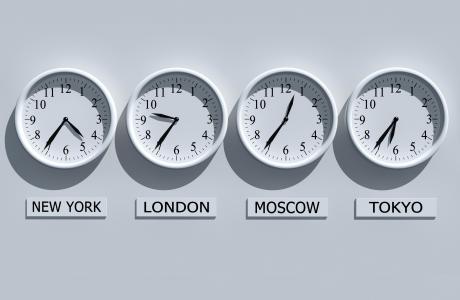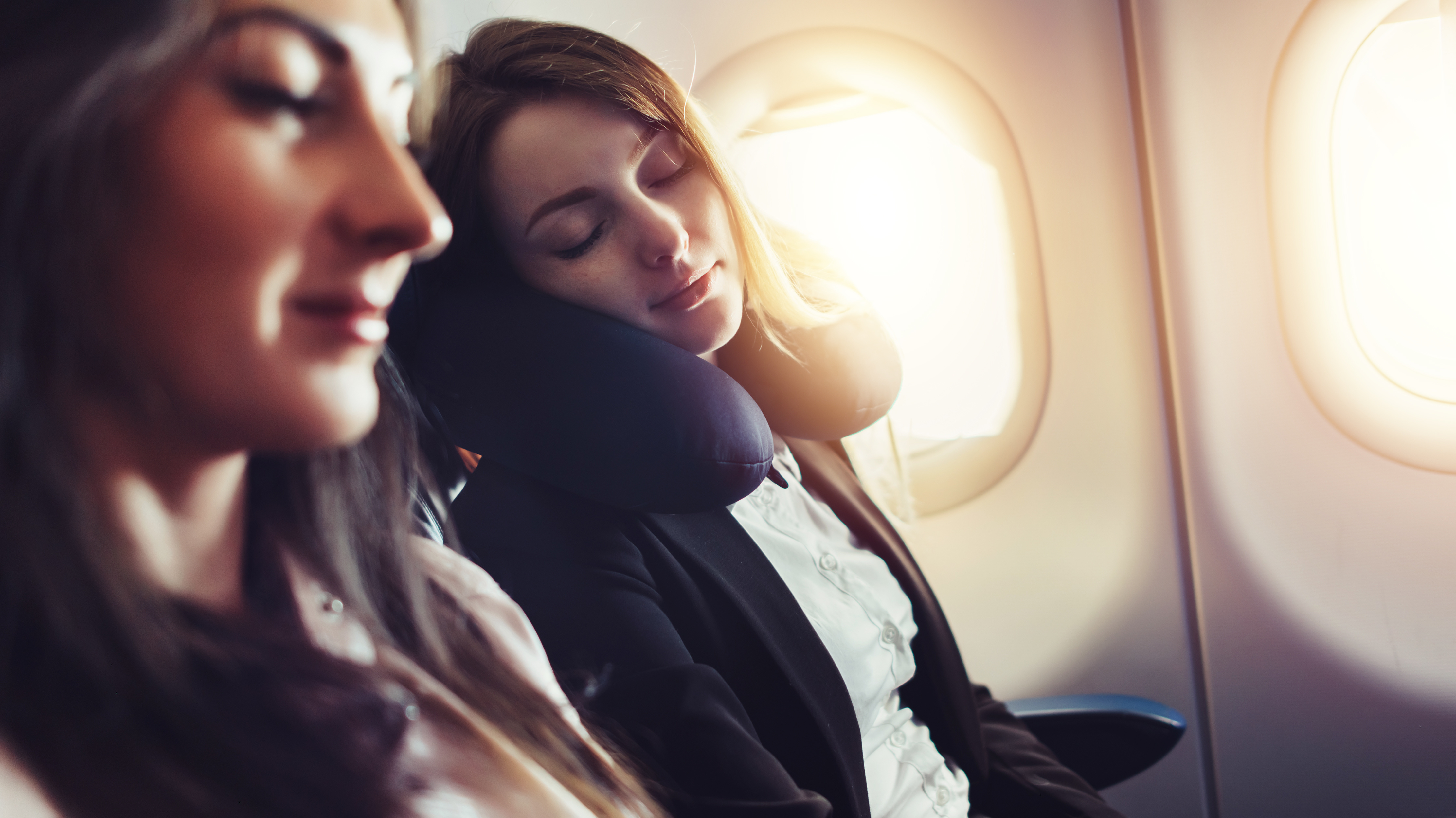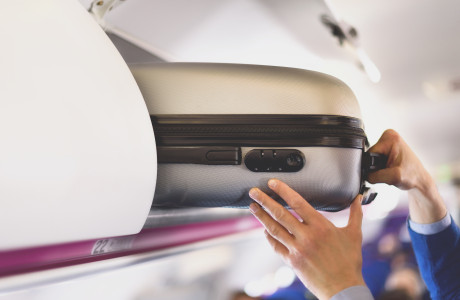
10 tips to avoid jet lag
Anyone who has ever flown intercontinentally and crossed several time zones knows how easily the inner clock can lose its rhythm. The consequences are insomnia and a lack of concentration, a.k.a. jet lag.
First of all, it’s important to know this: Passengers perceive jet lag much more prominently when flying east than when flying west. This means that you will feel the consequences more intensely in the direction of Asia and Australia than on a flight to the USA. The reason for this is that when flying to the west, time shifts backwards and the day becomes longer. Your body can adjust to this much better, as it is in tune with the natural circadian rhythm of the human body. But when you travel eastward, the day is greatly shortened by the time shift. This contradicts our nature, so you may feel more strongly affected.
This phenomenon has always been the subject of numerous myths. But what really helps fight the unwanted symptoms? We’ll clarify and reveal our tips and tricks!
Tip 1: Adapting the new daily rhythm before the flight
Whether you are flying west or east, that feeling of jet lag is not very nice. Therefore, it is advisable to adjust yourself bit by bit to the new time at your destination days before your flight. If you’re flying intercontinentally to the east, this means that a few days before the trip, you should go to sleep about two hours earlier than you usually do. If you are flying west, you should go to sleep two hours later, accordingly. In this way, the changeover for your internal clock is not quite as big at the start of the journey.
Tip 2: Set your clocks as soon as you get on the plane
Our body must be guided by the time in the here and now. Therefore, it is a proven method to change the time during the flight to the local time of the destination. It may sound unusual, but you’ll subconsciously orient yourself to the new time just by looking at your wristwatch or smartphone. This is how you trick your body a little!
Tip 3: Participate in the daily rhythm of your destination
Try to discard your old daily rhythm as quickly as possible. If you land early in the morning, you’ll have breakfast. Fight fatigue and stay awake. It would be tragic to fall asleep in the middle of the day. That would make it extremely difficult for you to get into your new daily routine quickly. Don’t go to sleep until after dark.

Tip 4: Sleep-wake rhythm during the flight
Start adapting your sleep-wake rhythm during your flight. This means that you can relax and sleep on the plane when flying eastward. If you are flying west in the other direction, however, you should try to stay awake in the plane, as hard as it may be. A cup of coffee can help bridge the gap.
Tip 5: No sleeping pills
Avoid taking sleeping pills or similar preparations. The consequence of taking these is that you confuse your entire body. If you cannot do without a sleeping aid, try it using more conventional sleeping aids, e.g. a sleep mask, a comfortable neck cushion or quiet music.
Tip 6: Eat more consciously in the plane
Pay attention to what you choose to eat on the plane. Because eating also has an influence on your circadian rhythm. Carbohydrates tend to make you tired. If you need to sleep, resort to potatoes or noodles to promote fatigue. If you need to stay awake, eat protein-rich food. This helps your body to suppress fatigue and stay awake longer. Examples of proteins are meat, cheese, eggs or fish.
Tip 7: Drink a lot, but no alcohol
As we describe in more detail in our magazine article 10 tips to get you fit and comfortable during your flight, it is important to drink a lot on the plane. You should drink water if possible, as alcohol is not recommended for various reasons. It dries out your body – compounding upon the dry air in the aircraft cabin – and makes you tired, as well as delays your adaptation to the new time zone. Coffee and other caffeinated drinks, such as green tea, are also not recommended if you need to sleep better to get into a new rhythm. They will put your circulation to the test and make it harder for you to fall asleep.
Tip 8: Take advantage of the sun once you arrive
If you get off the plane exhausted and tired and check in at your hotel, you should get out into the fresh air. It’s even better if the sun is shining, because natural sunlight reduces the body’s production of sleep hormones. Simply use sun and light as natural aids to defeat daytime fatigue. This way, your body adapts faster to the new time on-the-spot and the jet lag is less of a knock-out.
Tip 9: Relaxation instead of sport
Allow your body some rest on the day of arrival. The long flight in combination with the time change is quite exhausting for the body. Of course, you can still explore the area with a peaceful bike ride, or take a few laps in the swimming pool – but you might want to refrain from a three-hour tennis match.
Tip 10: No double jet lag for short trips
Business trips overseas are often a real torture for the body. A quick meeting overseas and back home again a day later. You will then cross several time zones and you will completely lose your inner balance. This is referred to as double jet lag. For such short but long journeys, you should maintain the day-night rhythm of your home time zone. Try not to be influenced by the time at your destination, and instead orient yourself to your own wristwatch.
Conclusion:
Always try to build in a jet-lag buffer when travelling far away. So if you are planning your trip, keep in mind that you may not be quite fit for the first two days. You can play it safe, if you prefer, and postpone long excursions and exploration tours to day three or four. Maybe you’ll be lucky and jet lag won’t even affect you – and we hope that’s the case! If it does, do not let yourself be disturbed, and instead enjoy one or two quieter days at the beginning of your holiday. We wish you a relaxing journey!



